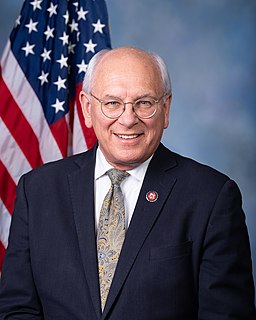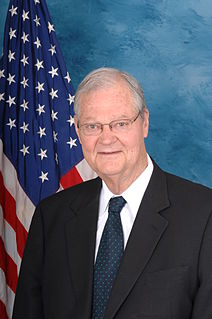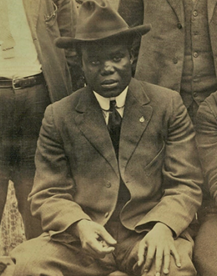A Quote by Paul Tonko
As Americans, we have traditionally been the optimists sporting the 'can-do' attitude. But when it comes to addressing climate adaptation and resiliency, we seem to be more 'can't do' than 'can-do.'
Quote Topics
Related Quotes
The positive outlook that optimists project does not come from ignoring or denying problems. Optimists simply assume that problems are temporary and can be solved, so optimists naturally want more information about problems because then they can get to work and do something. Pessimists are more likely to believe that there is nothing they can do anyway, so what's the point of even thinking about it?
I do remain optimistic that one day the world will realise that carbon dioxide is more of a friend than an enemy to the earth's flora and fauna, and I do seriously believe that, given the extraordinary complexity of the natural forces controlling our climate, which have done so for millions of years, the only sensible policy response to the natural process of climate change is prudent and cost-effective adaptation.
The longer I live the more I realize the impact of attitude on life. Attitude, to me, is more important than facts. It is more important than the past, than education, than money, than circumstances, than failures, than successes, than what other people think or say or do. It is more important than appearance, giftedness or skill. It will make or break a company . . . a church . . . a home.
Americans, more than most people, believe that history is the result of individual decisions to implement conscious intentions. For Americans, more than most people, history has been that.... This sense of openness, of possibility and autonomy, has been a national asset as precious as the topsoil of the Middle West. But like topsoil, it is subject to erosion; it requires tending. And it is not bad for Americans to come to terms with the fact that for them too, history is a story of inertia and the unforeseen.

































